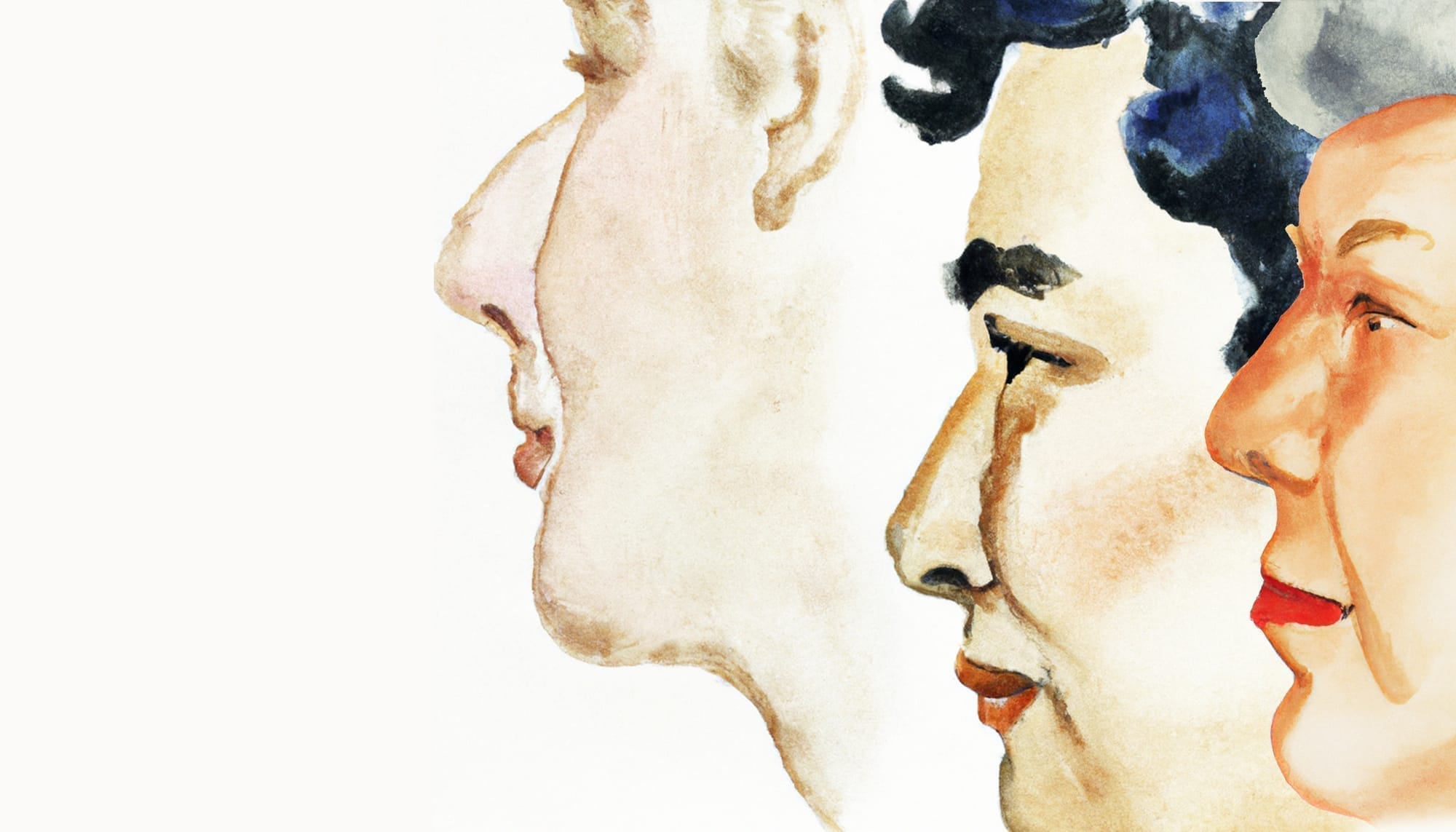Daniel Bouloud. Paul Bocuse. David Chang. Renne Redzepi. Joel Robuchon. Eric Ripert. Marcus Samson. Alain Pasard. Thomas Keller. These are just a few of the legends of cooking.
The lore of kitchen-work is entertaining, interesting, and often intimidating. But reading about famous chefs will not make you better at cooking. Only cooking will do that.
Yet, becoming something is so much more than simply knowing how to do it.
Part of the enigma of a craft is its lore, and to know the stories and their lessons and heroes and villains is to understand your place in history, and by extension to claim agency over your contribution to future.
It is a little like being a coal train. The coal that keeps the engine running is the physical and intellectual labor of the work. But the engine needs more than coal. It needs a conductor and an engineer and a brakeman to get it where it is going.
Here is some lore I have learned:
Joel Robuchon, the pre-eminent French chef of the 90s and one of the most revered late-contemporary names in cooking, waged intense psychological warfare on his staff, frequently causing nervous breakdowns in his own kitchens. He pushed his people so hard and so far that he reinvented what was possible in a kitchen, but he did it by breaking the backs and minds of the people who worked for him. To be revered and miserable is a terrible fate.
Alice Waters invented the “California-style” of reductionist farm-to-table cooking after being exposed to nouvelle cuisine in France, but the philosophies that inspired her actually came from Japan and other parts of Asia in the late 20th century. The history of food is actually a history travel.
Daniel Bouloud trained under the legendary George Blanc and has mentored many, many of the world’s most important chefs (including David Chang). It is almost guaranteed that any truly accomplished chef or restauranteur has worked for another one at some point in their career. Nobody succeeds on their own.
Chang and many other famous restauranteurs were successful mainly because they had cooking skills, creativity, and entrepreneurial drive. Many were also terrible managers, poor leaders, and chronically unhealthy egomaniacs. The best of them seem to grow out of these shortcomings.
Danny Meyer and Will Guidara were not cooks, but they became successful restauranteurs because they were kind, thoughtful, and driven to succeed. They figured out how to attract the right people to help them get where they wanted to go.
Learn the lore, and then decide: who will you be?
Image created with generative AI. Prompt: watercolor, David Chang, Alice Waters, face in profile, side-by-side; Dall-E; 12 attempts
